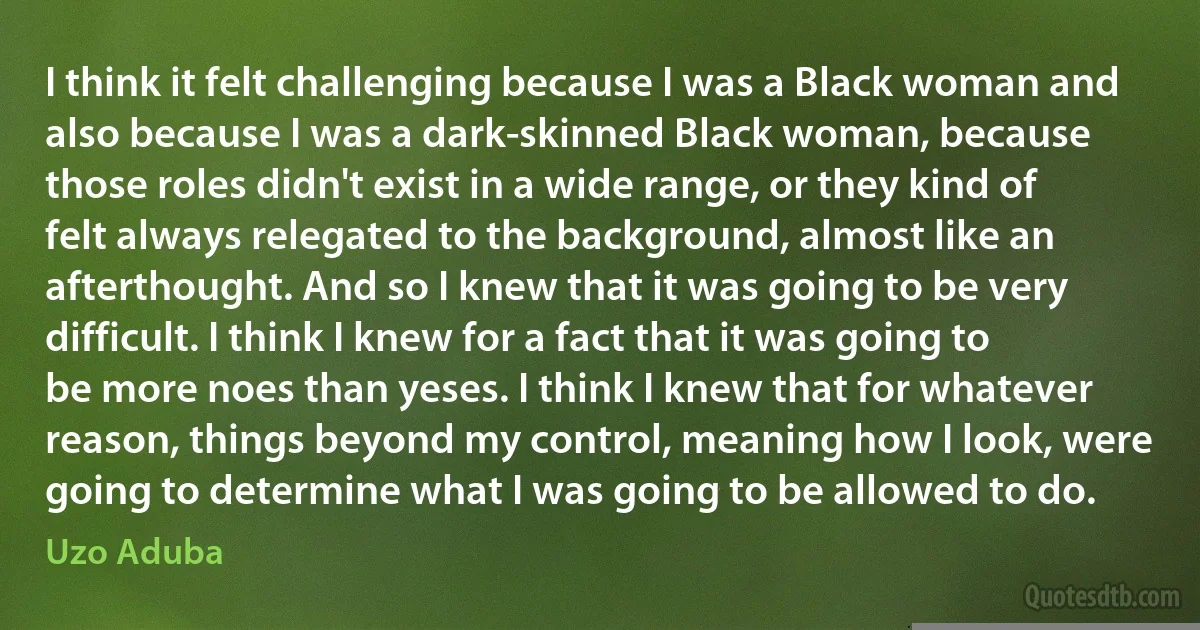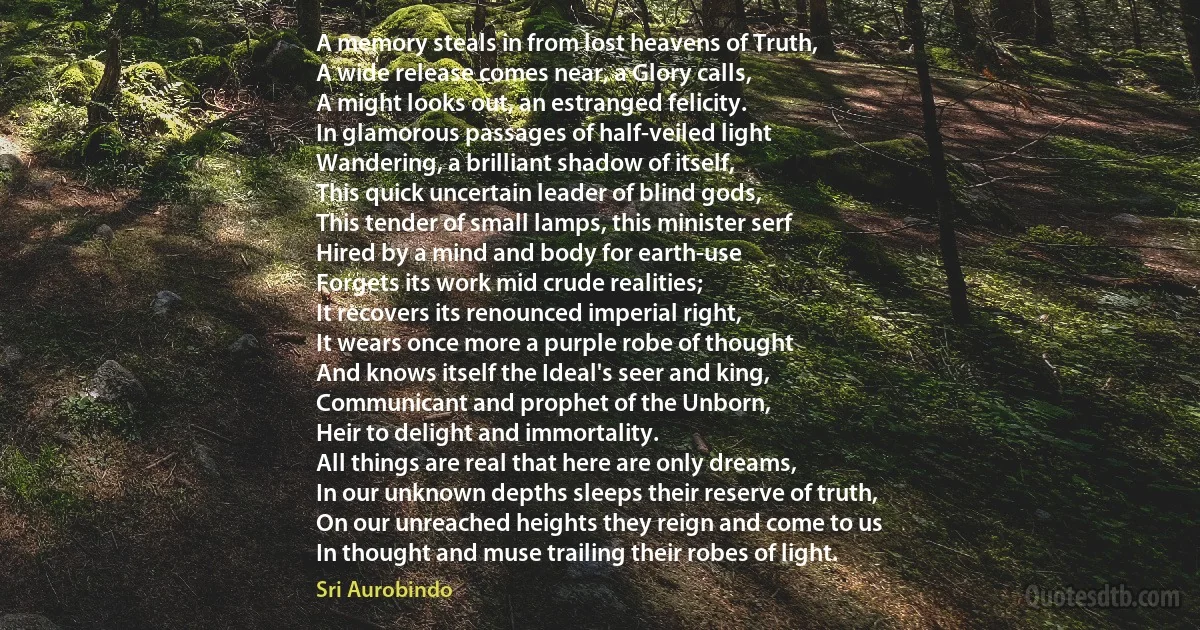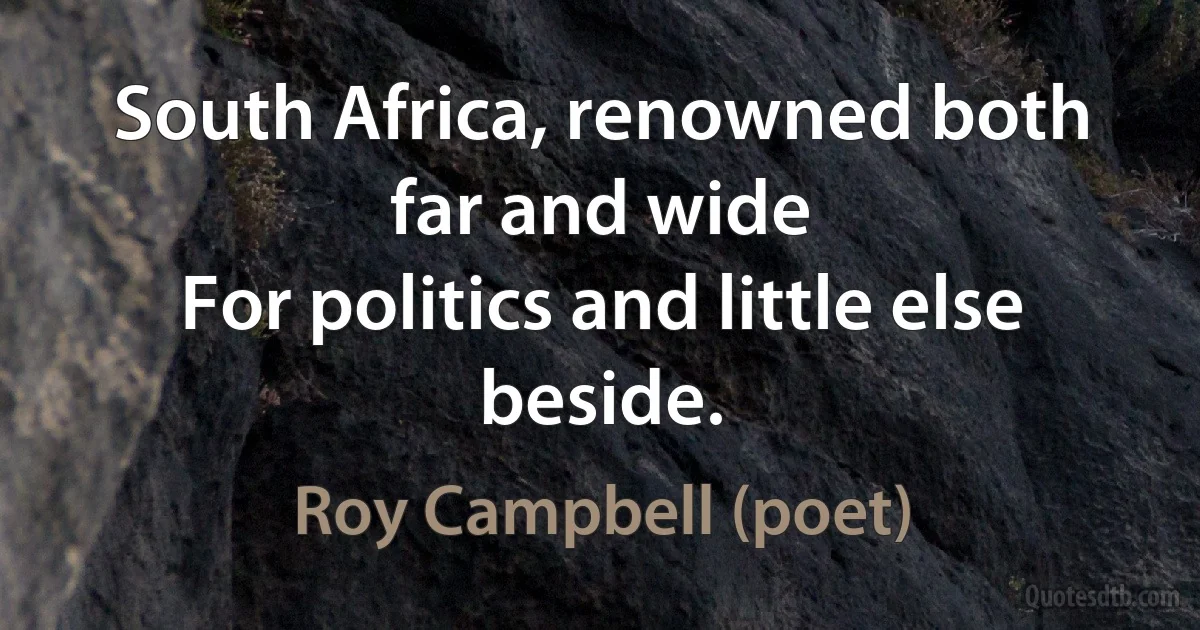Wide Quotes - page 38
Even if the days of 1928 and early 1929 could be brought back again, the economic situation would be utterly indefensible on moral grounds. The greedy scramble for private gain and special privilege, the gambling spirit and the ruthless determination to gain wealth by means fair and foul, the callous indifference to how the other half lived or at most the throwing of a few crumbs of philanthropy, the bitter exploitation of the weak and the brutal suppression of the workers as they attempted to organize in defense of their minimum rights, the cruel assumption that there must always be a wide gulf between the rich and the poor, the willingness to send unnumbered victims to their doom on the battlefield in defense of vested interests-all these and countless other evils are inherent in the economic order which held sway in 1929. God forbid that we should have any desire to return to that living hell!

Kirby Page
With the development of the very deep economic crisis, with the general crisis of capitalism becoming sharply accentuated and the mass of working people becoming revolutionized, fascism has embarked upon a wide offensive. The ruling bourgeoisie more and more seeks salvation in fascism, with the object of taking exceptional predatory measures against the working people, preparing for an imperialist war of plunder, attacking the Soviet Union, enslaving and partitioning China, and by all these means preventing revolution. The imperialist circles are trying to shift the whole burden of the crisis onto the shoulders of the working people. That is why they need fascism. They are trying to solve the problem of markets by enslaving the weak nations, by intensifying colonial oppression and repartitioning the world anew by means of war. That is why they need fascism.

Georgi Dimitrov
While the aborigines of the New World have been noted above almost every other uncivilized nation in history, for their vindictiveness and cruelty towards their enemies, there are, in these attributes, wide differences apparent among them. The Indians along the Pacific coast, as well as in most of Mexico, were always more mild and peaceable than those of the United States. Hence it is, in fact, that the Spaniards did not meet with that formidable resistance to their conquests which they encountered among the fiery tribes of Florida, or that relentless and desperate hostility which the Anglo-Americans experienced in the first settlement of most parts of the United States.

Josiah Gregg
More than an athlete, Cruyff was also a great thinker, someone who reinvented the sport (...) Cruyff has left us now, but his vision and philosophy will hopefully live forever. You can see it in the way Barcelona-one of two clubs Cruyff revolutionized, along with Ajax-still plays every week. It's a style that has admirers around the world. I think a lot of people share that [philosophy] with him. You want to see this type of game, where you set the tone, you control the game, you make it fast, you make it attractive and attacking. He's always been famous for his version of the 4–3–3 with the wide wingers, all technically highly gifted and fast. This is his mark."

Johan Cruyff
As Lenin, Goebbels and other masters of lies knew, it is sufficient to repeat a big lie often enough, to make it pass as truth. So, the truly outstanding feature of the Leftists' and Muslim fanatics' campaign of distortion has been its shameless persistence. No matter what hard evidence they got confronted with, the Romila Thapars and R.S. Sharmas just kept on lambasting the Hindu side for distorting history and concocting evidence and for merely bluffing in the face of "incontrovertible evidence that no Ram temple ever stood on the site". While they had not given any such evidence nor replied to the pro-Mandir evidence ..., they kept up the offensive and absurdly accused the other side of not facing the evidence. The way the anti-Mandir falsehoods have been given wide currency in 1989-91 will make an interesting case study for future scholars. A classic in propaganda.

Koenraad Elst
[G]uesses about the fashions of the future are generally quite wide of the mark, because they are founded on a very obvious fallacy. They always imply that public taste will continue to progress in its present direction; which is, in truth, the only thing we know that it will not do. A thing that wanders away in great winding curves may end anywhere; but to turn each curve into a straight line striking out into the void will be wrong in any case.

G. K. Chesterton
Paradis, possessed by his notion, waved his hand towards the wide unspeakable landscape. and looking steadily on it repeated his sentence, 'War is that. It is that everywhere. What are we, we chaps, and what's all this here? Nothing at all. All we can see is only a speck. You've got to remember that this morning there's three thousand kilometers of equal evils, or nearly equal, or worse."
"And then," said the comrade at our side, whom we could not recognize even by his voice, "to-morrow it begins again. It began again the day before yesterday, and all the days before that!"

Henri Barbusse
I'm still employed and that's a good thing. I've gotten to do a wide variety of things and different roles. I've met different kinds of challenges on each and every film and I never get bored. So that's been success to me, that I've been able to stay afloat and also get to do things that are fun. I don't know where that puts me in the grand scheme of things but I've really enjoyed the journey and the course it's taken so far.

Rachel McAdams
His writings include works on mechanics, sound, astronomy, the tides, the laws of motion, the Torricellian tube, botany, physiology, music, the calendar (in opposition to the Gregorian reform), geology, and the compass,-a range too wide to allow of the greatest success in any of the lines of his activity. He was also an ingenious cryptologist and assisted the government in deciphering diplomatic messages.

John Wallis
The elements in The Wizard of Oz powerfully fill a void that exists inside many children. For kids of a certain age, home is everything, the center of the world. But over the rainbow, dimly guessed at, is the wide earth, fascinating and terrifying. There is a deep fundamental fear that events might conspire to transport the child from the safety of home and strand him far away in a strange land. And what would he hope to find there? Why, new friends, to advise and protect him. And Toto, of course, because children have such a strong symbiotic relationship with their pets that they assume they would get lost together.

Roger Ebert
More than twenty years of unswerving devotion to our common cause may give me some humble claim to be trusted at this momentous crisis. I will not argue. To do so implies hesitation and doubt, and you do not hesitate. You do not doubt. The day dawns; the morning star is bright upon the horizon! The iron gate of our prison stands half open. One gallant rush from the North will fling it wide open, while four millions of our brothers and sisters shall march out into liberty. The chance is now given you to end in a day the bondage of centuries, and to rise in one bound from social degradation to the place of common equality with all other varieties of men.

Frederick Douglass
He talks in a soft voice with a country accent, almost a pure country accent, only crackling and rasping and cheese-grated over the two-foot hookup, talking about -
"-there's been no creativity," he is saying, "and I think my value has been to help create the next step. I don't think there will be any movement off the drug scene until there is something else to move to -"
- all in a plain country accent about something - well, to be frank, I didn't know what in the hell it was all about. Sometimes he spoke cryptically, in aphorisms. I told him I had heard he didn't intend to do any more writing. Why? I said.
"I'd rather be a lightning rod than a seismograph," he said.
He talked about something called the Acid Test and forms of expression in which there would be no separation between himself and the audience. It would be all one experience, with all the senses opened wide, words, music, lights, sounds, touch -
lightning.

Tom Wolfe
KING PHILIPP II: Can you establish some new creed to justify my bloody murder of my only son?
GRAND INQUISITOR: To appease eternal justice and redeem us, God's own Son was killed on the wooden cross.
KING: And can you spread this creed throughout all Europe?
GRAND INQUISITOR: Far and wide, everywhere people worship the cross.

Friedrich Schiller
No single figure better represents the complexities and contradictions, the strengths and weaknesses, or the ambiguities of anarchist-feminism than Voltairine de Cleyre. Yet until recently we knew very little about the second most important woman in the American anarchist movement, in part because Emma Goldman-who had served as this country's symbol of anarchist womanhood during her and de Cleyre's lifetimes-eclipsed de Cleyre after their deaths as well...de Cleyre's career was marked by less notoriety and by a quieter, though nonetheless genuine, defiance of American norms of femininity. To a degree, de Cleyre chose a comparatively less aggressive role than Goldman. Although during her early years as an anarchist propagandist she had participated in a wide variety of reform and radical activities, from the late nineties until her death she worked largely among anarchists.

Voltairine de Cleyre
The trouble with words like "fit" in these discussions is that, if taken in a wide sense they are liable to become vacuous, and if taken more narrowly they easily become tendentious. Thus the phrase "survival of the fittest" does not mean much if it means only "survival of those most likely to survive." If on the hand it means "survival of those whom we should admire most" or the like, it describes a different state of affairs; we shall need different arguments to persuade us that this is happening. In just the same way, Wilson equivocates with the notion that to be "fit" is an advantage to anybody. If it means "healthy" or "able to do what he wants to do" then it usually is so. But if it only means "likely to have many descendants," then there is no reason for treating it as an advantage at all.

Mary Midgley
On his deathbed he called my father to him and said, "Son, after I'm gone I want you to keep up the good fight. I never told you, but our life is a war and I have been a traitor all my born days, a spy in the enemy's country ever since I give up my gun back in the Reconstruction. Live with your head in the lion's mouth. I want you to overcome 'em with yeses, undermine 'em with grins, agree 'em to death and destruction, let 'em swoller you till they vomit or bust wide open." They thought the old man had gone out of his mind. He had been the meekest of men. The younger children were rushed from the room, the shades drawn and the flame of the lamp turned so low that it spouttered on the wick like the old man's breathing. "Learn it to the younsters," he whisdpered fiercely; then he died.

Ralph Ellison
more and more people today become border people because the pace of society has increased. Just think about multi-media, computers and World Wide Web, for example. By the Internet you can communicate instantly with someone in India or somewhere else in the world, like Australia, Hungary or China. We are all living in a society where these borders are transgressed constantly.

Gloria E. Anzaldúa
The man who works, the man who does great deeds, in the end dies as surely as the veriest idler who cumbers the earth's surface; but he leaves behind him the great fact that he has done his work well. So it is with nations. While the nation that has dared to be great, that has had the will and the power to change the destiny of the ages, in the end must die, yet no less surely the nation that has played the part of the weakling must also die; and whereas the nation that has done nothing leaves nothing behind it, the nation that has done a great work really continues, though in changed form, to live forevermore. The Roman has passed away exactly as all the nations of antiquity which did not expand when he expanded have passed away; but their very memory has vanished, while he himself is still a living force throughout the wide world in our entire civilization of today, and will so continue through countless generations, through untold ages.

Theodore Roosevelt



